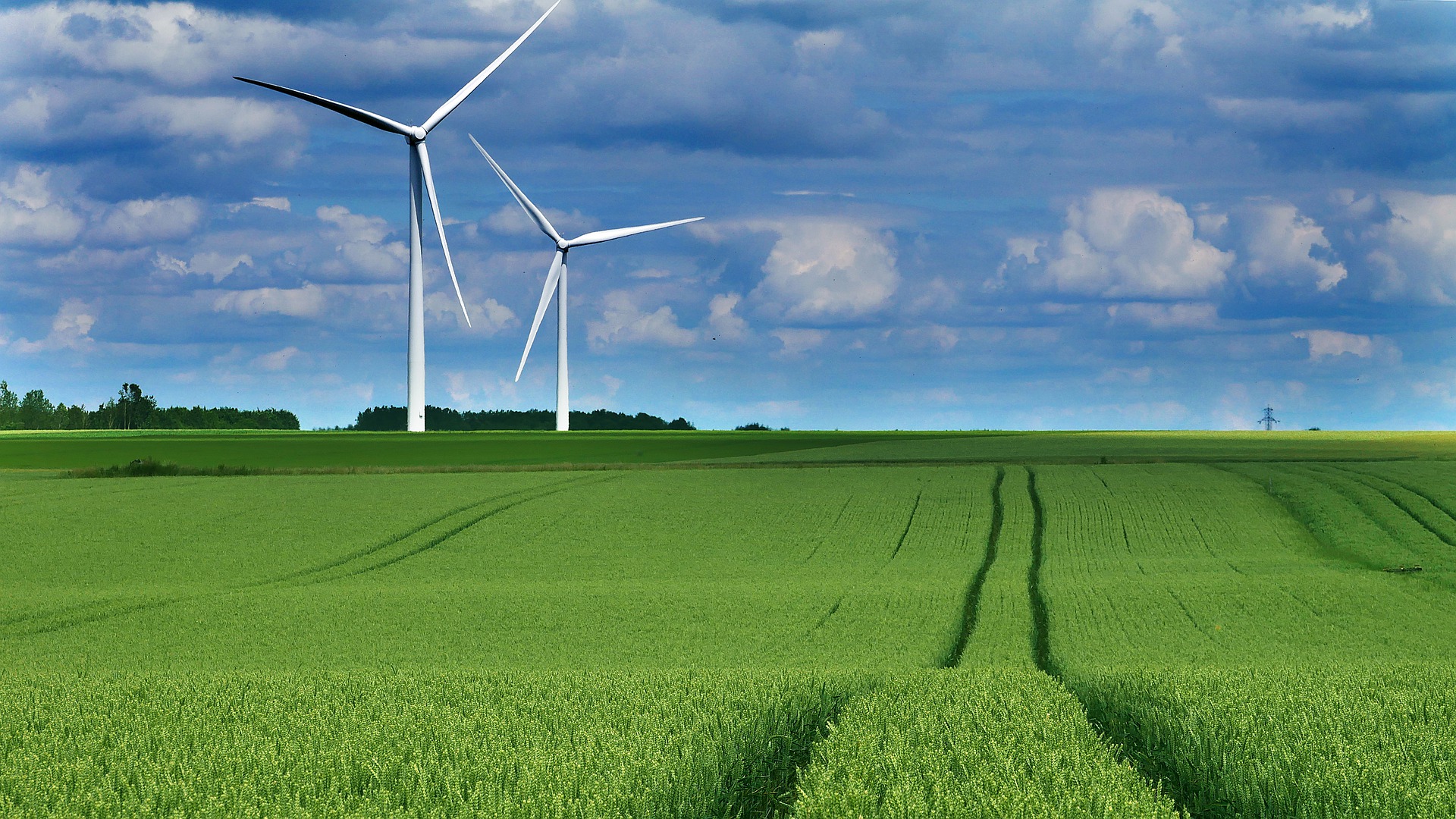Celebrating London Climate Action Week, this article features as part of IFA Magazine’s editorial campaign throughout this week, which aims to highlight key issues, news and views in the field of climate action.
Written by Gillian Hepburn, Head of UK Intermediary Solutions at Schroders
I’ve just returned from a short break in Spain which sadly left me pondering the increasing impact of climate change. The small, usually pretty, whitewashed Andalusian village where we were staying quite simply looked like a giant sandcastle.
A violent storm, unseen in the living memory of the locals had covered the village in sand from the Sahara. This ‘sand’ was a pinky coloured thick chalky dust which clung to everything and attempts to wash it off produced a clay-like substance. The result was a real struggle for villagers whose homes, gardens and importantly crops were covered with this and partnered with poor air quality, the villagers were resorting to wearing facemasks again to save their lungs from a different enemy.
Perhaps a relatively small example of the impact of climate change on lives but as we increasingly experience freak weather conditions, how does this relate to Net Zero? Do we really understand what it means and why it might be important to consider when selecting investments for your clients?
Download Schroders Net Zero guide
Here are 10 key questions to help:
1. What is Net Zero?
Perhaps we need to take a step back. The world is getting warmer as a result of human activity, and as extreme weather events are becoming more frequent, the implications of this are becoming more apparent. We can’t stop global warming overnight but our best chance of preventing devastating climate change is to limit future global warming to 1.5 degrees Celsius above pre-industrial levels.
To achieve this, we need to reduce the amount of greenhouse gases we emit into the atmosphere so that they no longer exceed what can be absorbed.
This balance between greenhouse gas emissions and absorption is ‘Net Zero’.
2. How will this be achieved?
It’s a massive undertaking and requires the involvement and co-operation of governments, businesses and individuals on a global scale. Whilst government policy will be the main driver, we all have an active role to play as asset managers and advisers.
3. Where are governments on this?
Many governments have now committed to a Net Zero emissions target and those representing over 80% of global GDP have now committed to lowering emissions.
4. What role can investors play?
From an investment perspective, any major change in the economic and market background represents both risks and opportunities when considering client investments.
5. What is the target for reaching Net Zero?
The UK Government has committed to a 68% reduction in carbon emissions by 2030 and Net Zero by 2050.
6. How will this be achieved?
The target is an ambitious and expensive commitment which the government cannot afford alone. To achieve this they will also have to mobilise and direct private capital directly.
7. Where do advisers fit into this?
Advisers are going to be an essential part of the transition to Net Zero as they play a key role as gatekeepers of private client capital. Regulation will also start to drive this, particularly with the plans for Sustainability Disclosure Requirements (SDR) which will introduce labels for sustainable investment products and should also help advisers to establish which sustainable products are suitable for clients based on their preferences. Further details on this will be defined through the consultation process taking place throughout 2022.
8. Is client demand for sustainable investment really rising?
In the Schroders 2021 Annual Adviser Survey, 75% of advisers reported an increase in the number of clients asking for sustainable investment options over the previous 12 months. The Schroder’s flagship Global Investor Study also identified that 57% of investors would be happy to move to a sustainable portfolio assuming the same level of risk and diversification as they want to make a positive impact.
9. How do we know if investments are impacting the environment – both positively and negatively?
There is a growing requirement to both measure and report on environmental and climate impact. Investors expect transparent reporting on sustainability objectives. Asset managers such as Schroders have many tools at their disposal to assess which businesses operate sustainably and this range enables us to examine both financial and non-financial metrics. Client reporting should also reflect the impact that client investments are having on people and planet.
10. Where can I learn more?
Schroders have a range of support available including a Guide to Net Zero and client-facing A-Z of sustainability terms.
















